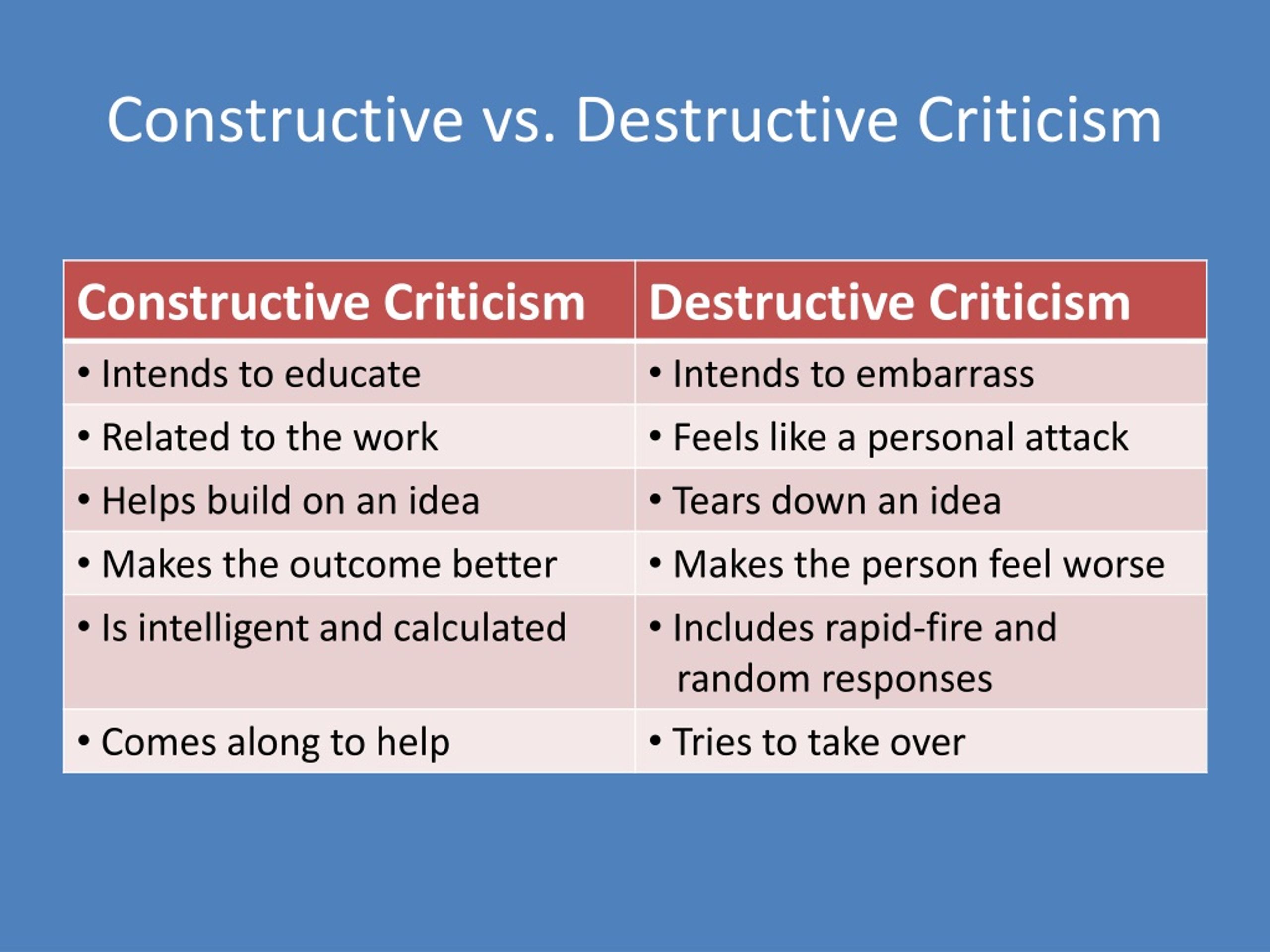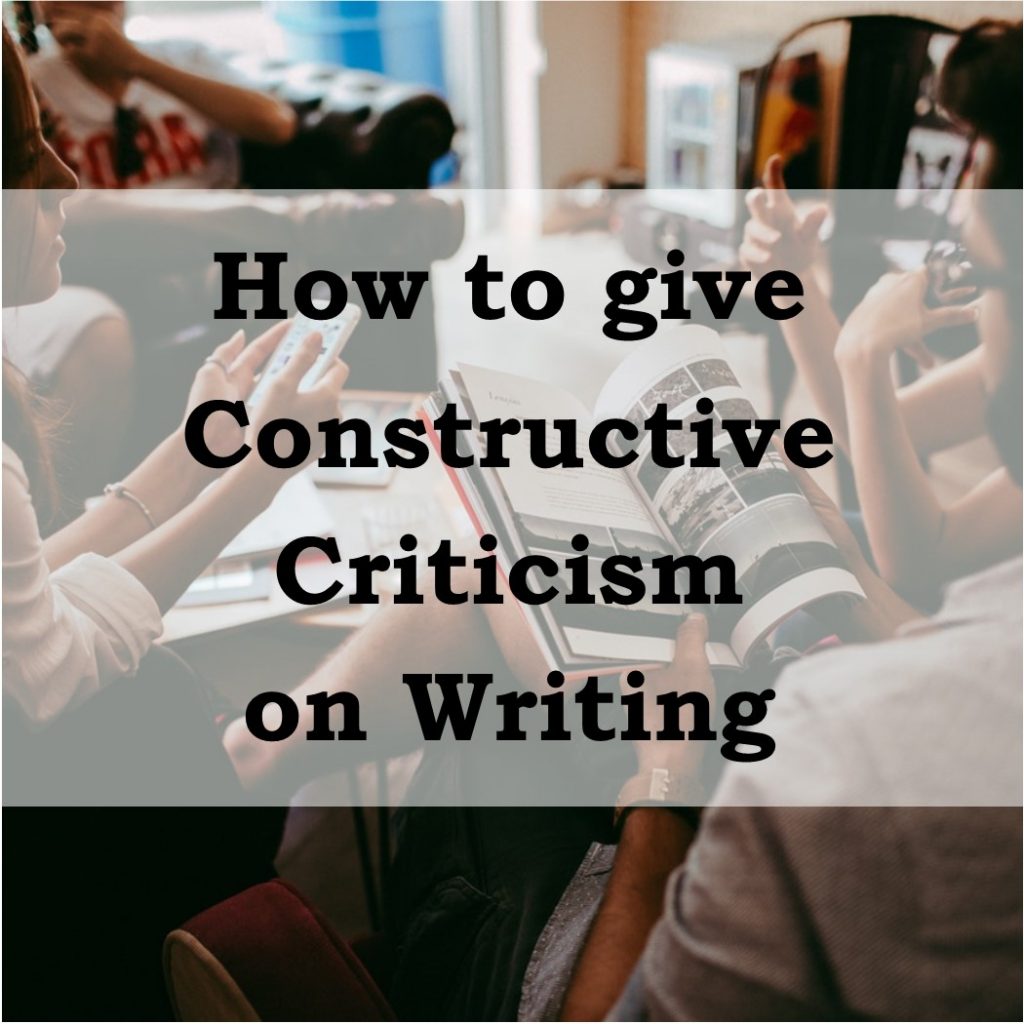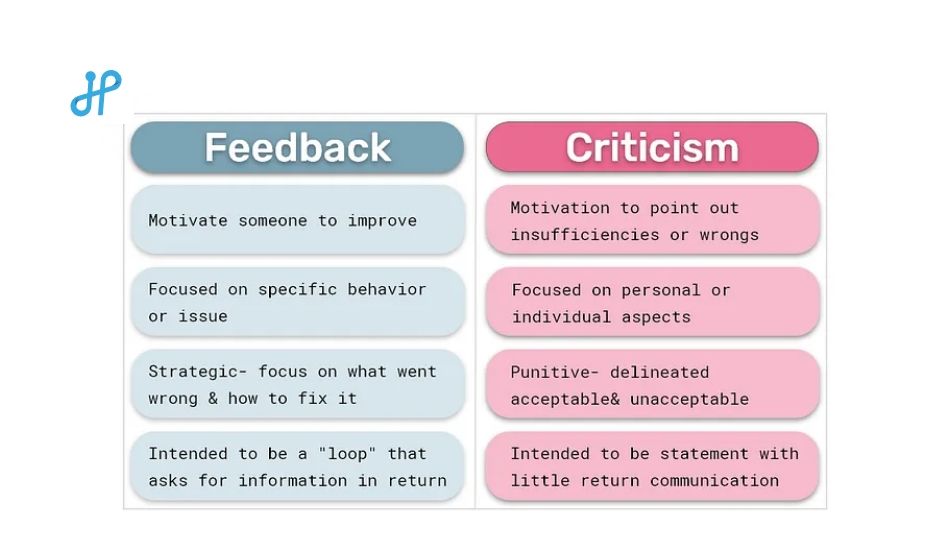What Would Be The Best Response To Constructive Criticism

Ever feel your heart sink when someone offers "constructive criticism?" It's a universal experience, and learning to navigate it gracefully is key to personal and professional growth. This guide is for anyone who wants to transform criticism from a painful sting into a stepping stone.
Decoding the Feedback: Why Your Reaction Matters
We all crave positive reinforcement, but it's often in those moments of perceived negativity that we learn the most. How you respond to constructive criticism shapes not only your own development but also your relationships with others.
Think of it this way: handling feedback well demonstrates maturity, self-awareness, and a willingness to improve. These qualities are invaluable in any setting, whether it's at work, in a relationship, or pursuing a personal passion.
The Gut Reaction: Recognizing Common Defense Mechanisms
Our first instinct when faced with criticism is often defensiveness. This can manifest as denial, justification, or even outright anger.
Understanding these reactions is the first step toward managing them. Recognizing that defensiveness is a natural response, not a character flaw, allows you to pause and reframe the situation.
Instead of viewing criticism as an attack, try to see it as an opportunity for growth.
A Step-by-Step Guide to Responding Effectively
Here's a practical roadmap for navigating constructive criticism with grace and wisdom:
Step 1: Listen Actively and Seek Clarification
Resist the urge to interrupt or formulate a response while the other person is speaking. Focus on truly understanding their perspective.
Ask clarifying questions to ensure you grasp the specific points they're making. For example, "Can you give me a specific example of what you mean by that?" is a great start.
Step 2: Acknowledge and Validate
Even if you don't entirely agree with the criticism, acknowledge the person's perspective. This demonstrates respect and open-mindedness.
Saying something like, "I understand why you feel that way," or "I appreciate you bringing this to my attention," can diffuse tension and create a more collaborative environment.
Step 3: Separate Intent from Impact
Consider the person's intent. Are they genuinely trying to help you improve, or is there an underlying agenda? This can be difficult to discern, but try to give them the benefit of the doubt.
Focus on the impact of your actions, regardless of your intentions. If your actions unintentionally caused harm or frustration, acknowledge that and apologize.
Step 4: Identify Areas for Improvement
Once you've processed the feedback, identify specific areas where you can improve. This shows initiative and a commitment to growth.
Don't be afraid to ask for concrete suggestions on how to do things differently. "What steps would you recommend I take to improve in this area?" is a helpful question.
Step 5: Create an Action Plan
Develop a plan of action to address the identified areas for improvement. This could involve setting goals, seeking additional training, or modifying your behavior.
Share your plan with the person who provided the criticism. This demonstrates that you're taking their feedback seriously and are committed to making positive changes.
The Art of Disagreement: When to Stand Your Ground
It's important to remember that you don't have to agree with every piece of criticism you receive. Sometimes, the feedback may be unfair, inaccurate, or based on a misunderstanding.
If you disagree with the criticism, express your perspective respectfully and assertively. Explain your reasoning calmly and provide evidence to support your point of view.
However, be prepared to listen to the other person's counterarguments and be open to compromise.
Filtering Feedback: Learning to Ignore the Noise
Not all criticism is created equal. Some feedback may be driven by negativity, personal biases, or a lack of understanding.
Learn to filter out the noise and focus on the feedback that is genuinely helpful and constructive. Ask yourself: Is this person credible? Is their feedback specific and actionable? Is it delivered with good intentions?
If the answer to any of these questions is no, it may be best to disregard the criticism.
Turning Criticism into a Catalyst for Growth
Ultimately, the goal is to transform constructive criticism from a source of stress into a catalyst for growth. By embracing feedback with an open mind, you can identify areas for improvement, develop new skills, and achieve your full potential.
Remember, even the most successful people in the world have faced criticism. It's how you respond to that criticism that ultimately determines your success.
Real-World Scenarios and Sample Responses
Let's look at some common scenarios and explore effective responses:
Scenario 1: Performance Review at Work
Criticism: "Your presentations are informative, but they often lack visual appeal and can be difficult to follow."
Response: "Thank you for the feedback. I understand that my presentations could be more engaging and easier to follow. I'll look into incorporating more visuals and streamlining the information. Would you have any specific examples of presentations I've given where I could improve?"
Scenario 2: Relationship Feedback
Criticism: "I feel like you don't really listen when I'm talking to you."
Response: "I'm sorry to hear that. I didn't realize I was giving you that impression. I value our conversations, and I want to be a better listener. Can you tell me more about when you feel like I'm not listening, so I can be more mindful in the future?"
Scenario 3: Project Feedback in a Group
Criticism: "Your part of the project was delivered late, which impacted the overall timeline."
Response: "I apologize for the delay. I understand that it impacted the project's timeline, and I take responsibility for that. I encountered some unexpected challenges, but I should have communicated them sooner. In the future, I'll be sure to manage my time more effectively and keep everyone informed of any potential delays."
Long-Term Strategies for Building Resilience
Developing resilience to criticism is an ongoing process. Here are some long-term strategies to cultivate a growth mindset and build your ability to handle feedback effectively:
- Practice self-compassion: Be kind to yourself and avoid self-criticism.
- Focus on your strengths: Remember your accomplishments and areas where you excel.
- Seek feedback proactively: Don't wait for criticism to come to you. Ask for feedback regularly to identify areas for improvement.
- Surround yourself with supportive people: Seek out relationships with people who are honest, encouraging, and constructive.
Checklist: 5 Key Questions to Ask Yourself After Receiving Criticism
- What specific actions or behaviors are being criticized?
- What is the person's intent in providing this feedback?
- Is the feedback accurate and fair?
- What steps can I take to improve in this area?
- How can I prevent this issue from recurring in the future?
In Summary
Mastering the art of responding to constructive criticism is a crucial skill for personal and professional success. By actively listening, acknowledging different perspectives, and creating action plans for improvement, you can transform feedback into a powerful tool for growth.
Remember to filter out unhelpful feedback, stand your ground when necessary, and practice self-compassion. Embrace the learning process and view criticism as an opportunity to become the best version of yourself.
Ready to Transform Your Response to Criticism?
Start practicing these techniques today. The next time you receive constructive criticism, take a deep breath, remember these steps, and approach the situation with an open mind. You'll be amazed at the positive impact it has on your growth and relationships.

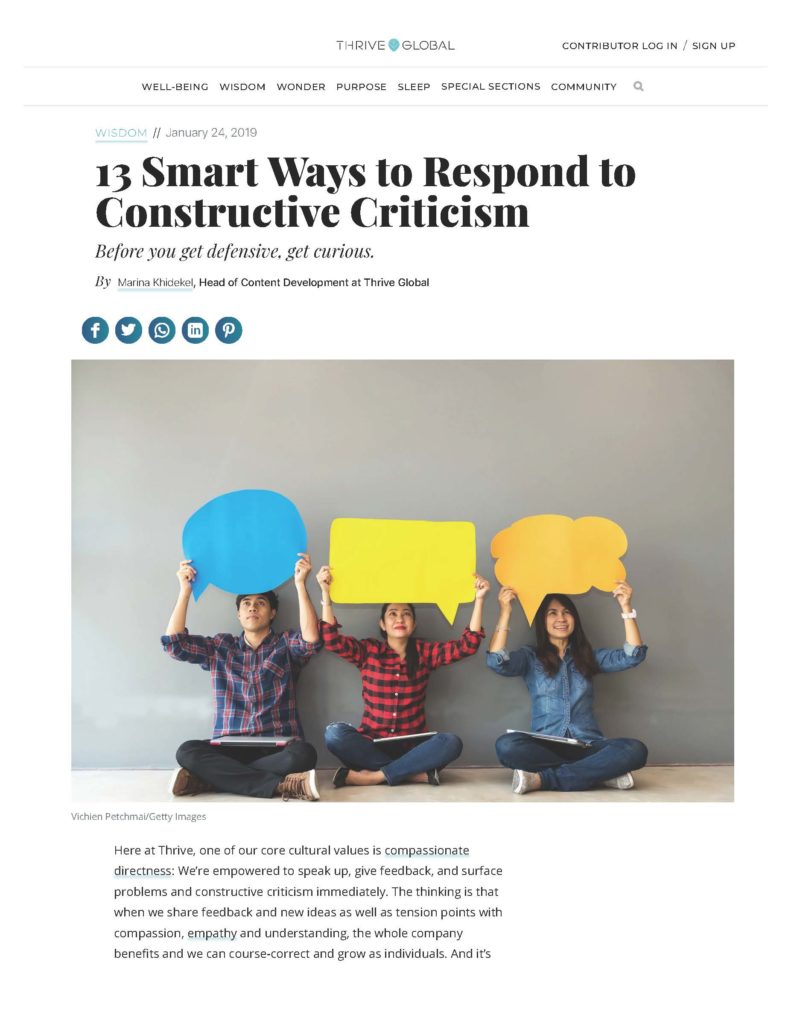

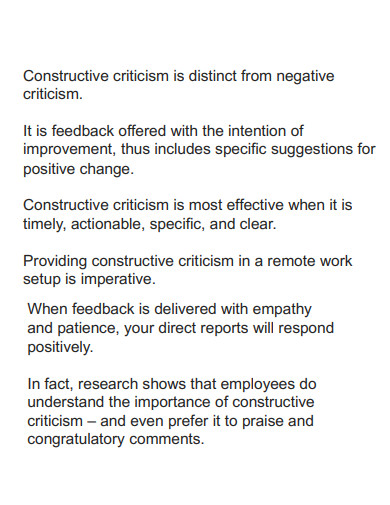
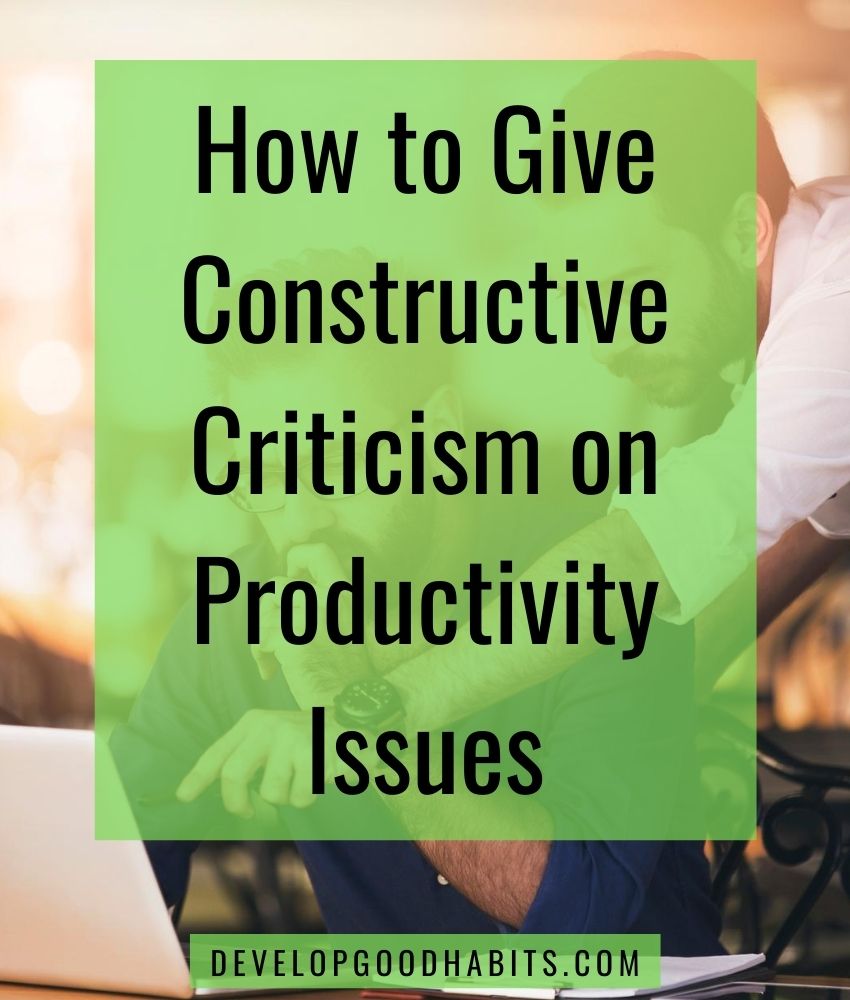
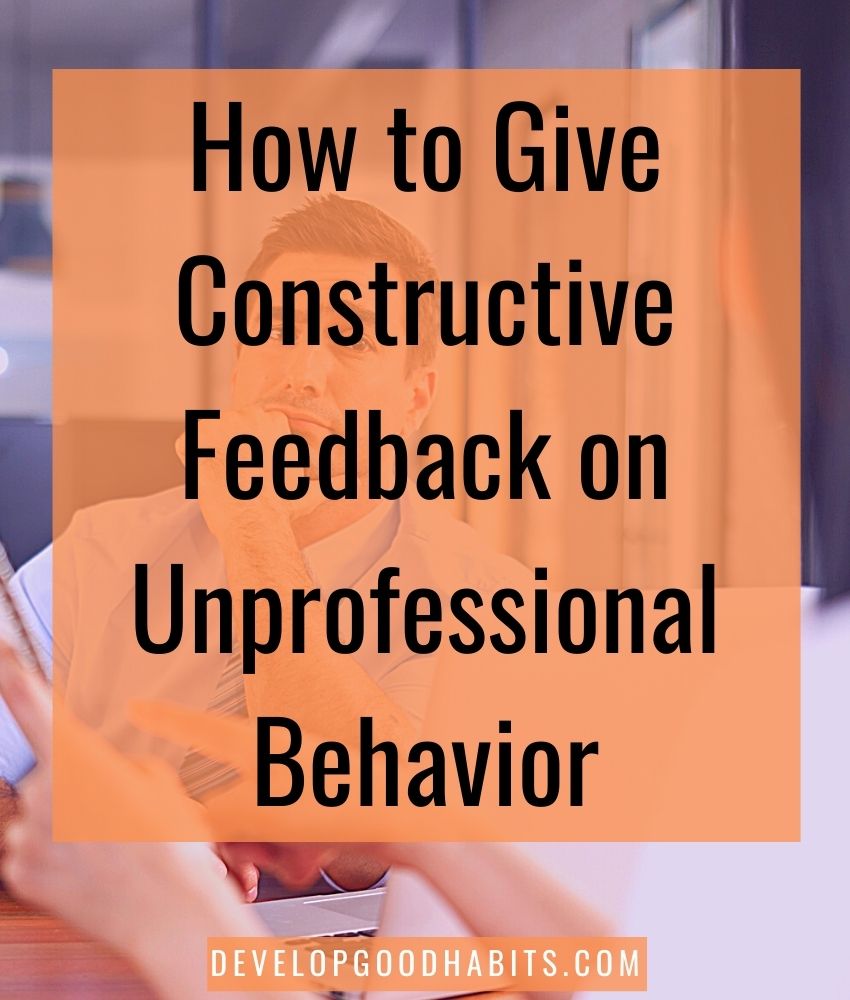




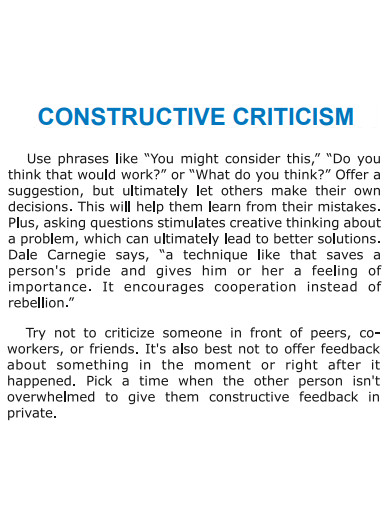


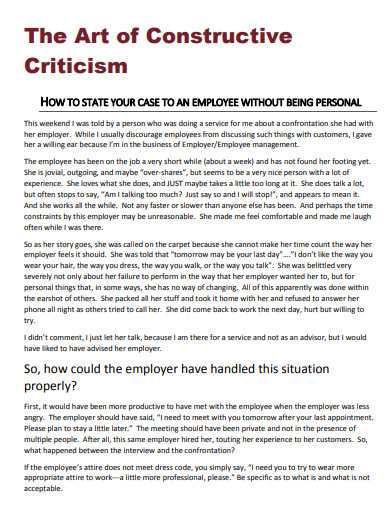
![What Would Be The Best Response To Constructive Criticism The Constructive Criticism Manifesto [Manifesto] - Personal Excellence](https://personalexcellence.co/files/manifesto-constructive-criticism.jpg)
